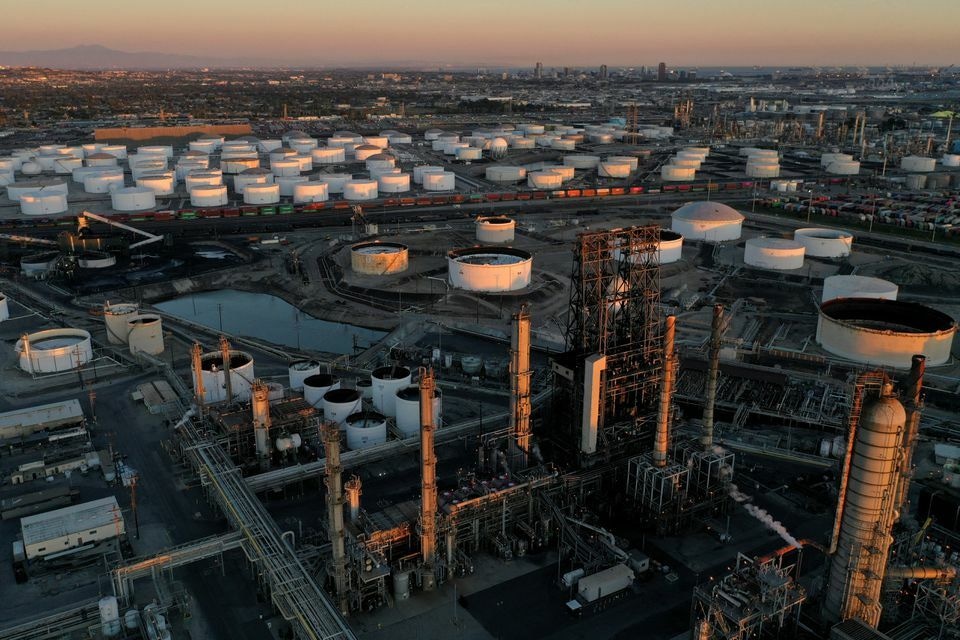Oil may collapse to $65 by year-end amid concerns of demand-crippling recession: Citigroup
- Warning is in stark contrast to JPMorgan Chase where analysts earlier warned global oil prices could reach a 'stratospheric' $380 a barrel
A few days after analysts at JPMorgan Chase warned global oil prices could reach a “stratospheric” $380 a barrel, counterparts at Citigroup said crude could collapse to $65 by the end of this year, and drop further to $45 by end-2023 amid concerns of demand-crippling recession.
In a Bloomberg report, Citigroup analysts Francesco Martoccia and Ed Morse said the above-mentioned outlook is based on the assumption that the OPEC producers would not intervene.
Oil prices have soared during the current year on the back of the ongoing Russia-Ukraine war, leading to a spike in inflation and propelling central banks to drive up interest rates.
As per the report, Citi’s outlook compared the current energy market with crises of the 1970s. At present, the bank’s economists do not expect the US to dip into recession.
“For oil, the historical evidence suggests that oil demand goes negative only in the worst global recessions,” the Citi analysts said in the July 5 note. “But oil prices fall in all recessions to roughly the marginal cost.”
The analysis comes in stark contrast to JPMorgan Chase's earlier warning, also reported by Bloomberg, that global oil prices could reach a “stratospheric” $380 a barrel if US and European sanctions lead Russia to enact retaliatory supply restrictions.
"But given Moscow’s robust fiscal position, the nation can afford to slash daily crude production by 5 million barrels without excessively damaging the economy," the report said quoting JPMorgan analysts' note to clients on the likely scenario.
The report highlighted that the development could have much graver consequences for the world as a 3 million-barrel cut to daily supplies would push benchmark London crude prices to $190.
In the worst-case scenario of a 5-million barrel cut, crude could reach “stratospheric” $380, the analysts wrote to its clients.
Oil falls as recession fears boost demand concerns
Meanwhile, Brent crude prices dipped on Tuesday, reversing earlier gains of $1, as concerns of a possible global recession curtailing fuel demand outweighed supply disruption fears, highlighted by a potential production cut in Norway.
Brent crude futures for September settlement fell by 60 cents, or 0.5%, to $112.89 a barrel. Whereas, U.S. West Texas Intermediate crude climbed $1.13, or 1.1%, to $109.58 a barrel.
























Comments
Comments are closed.